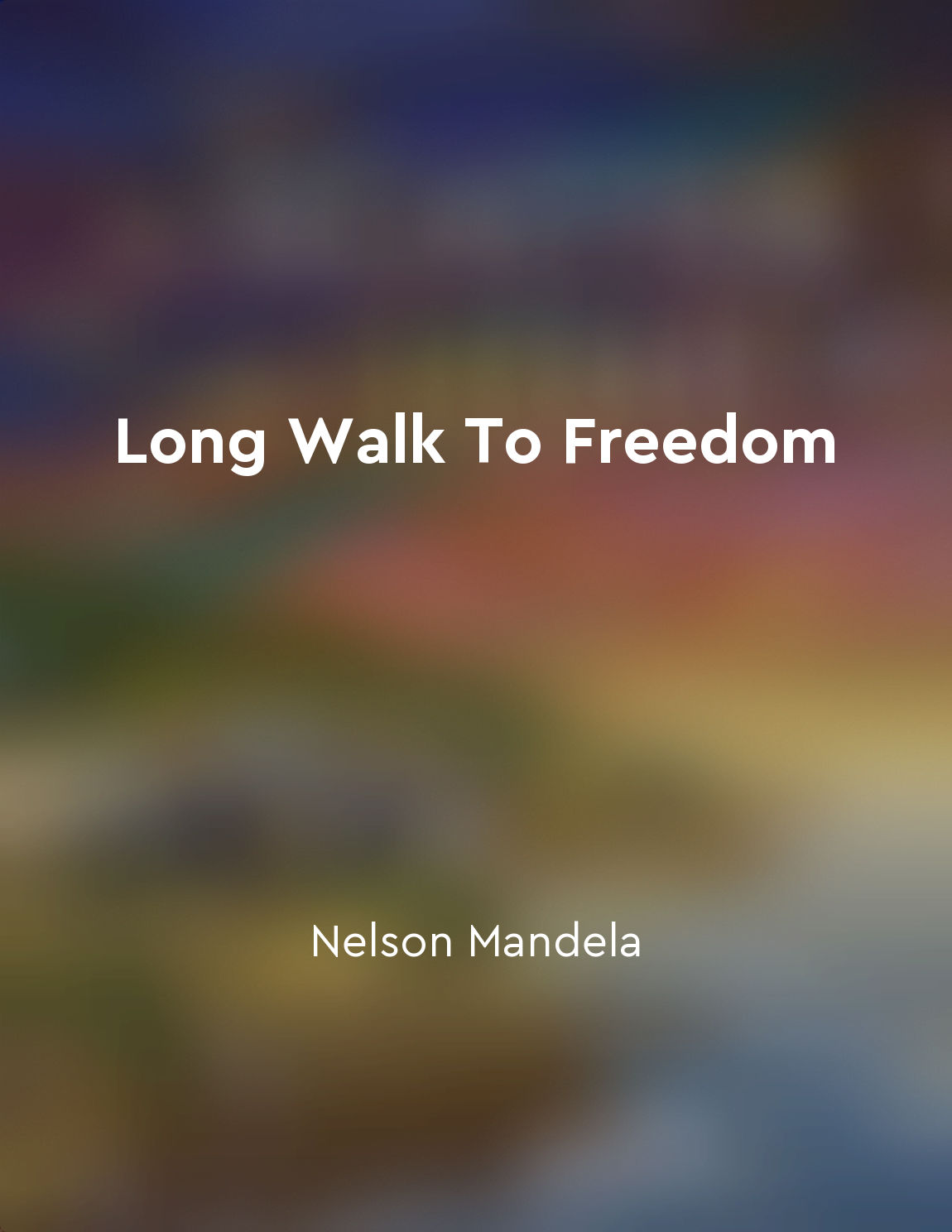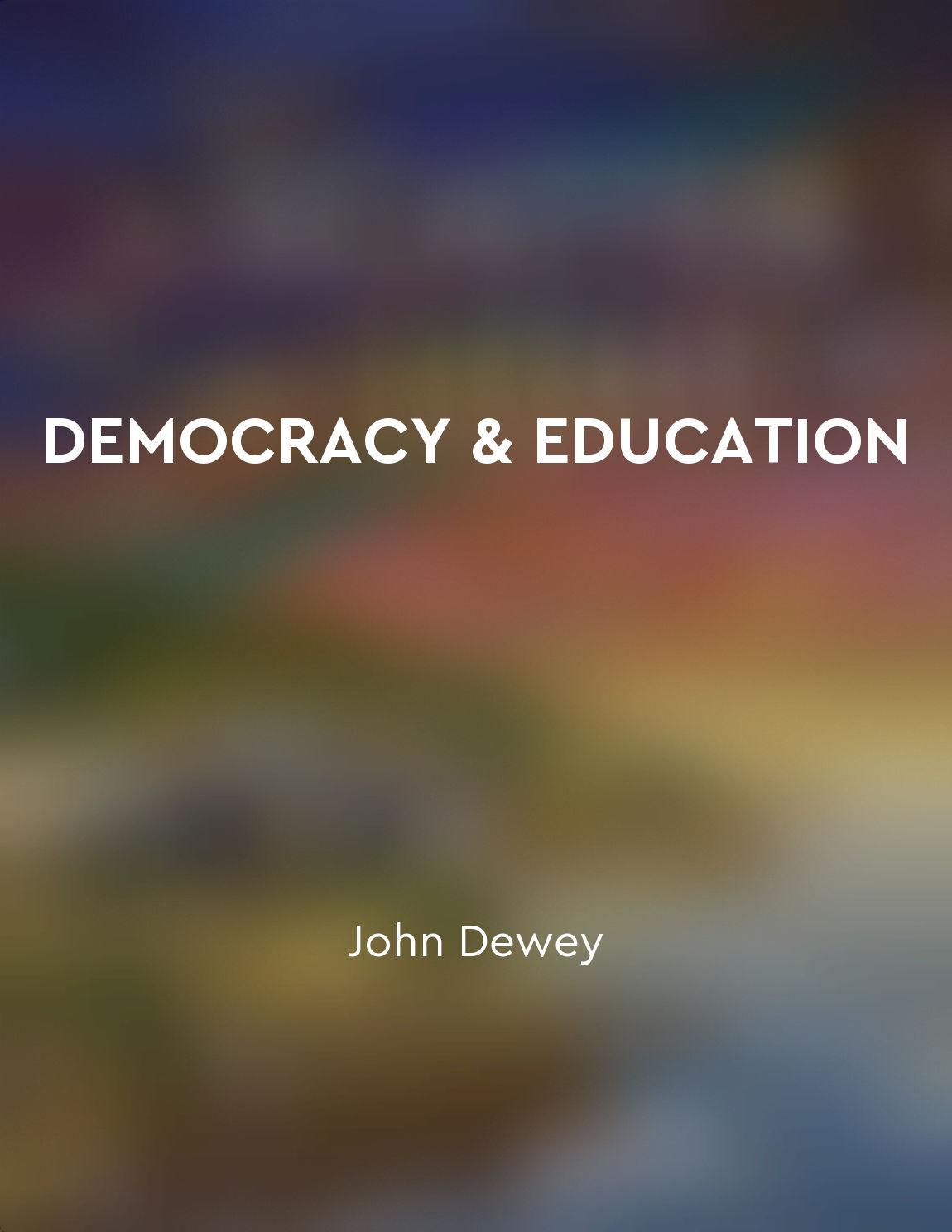Education should empower, not oppress from "summary" of Pedagogy of the Oppressed by Paulo Freire
Education, as a tool of liberation, must aim to empower individuals rather than oppress them. The traditional model of education, characterized by a banking system where knowledge is deposited into passive students, serves to maintain the status quo and perpetuate oppression. This model enforces a culture of silence and conformity, where students are not encouraged to think critically or challenge the dominant ideology. In order to truly empower individuals, education must be a process of dialogue and critical reflection. This involves a reciprocal relationship between teachers and students, where both parties are engaged in a process of co-creation and mutual learning. Rather than viewing students as empty vessels to be filled with knowledge, educators must recognize their agency and capacity to shape their own understanding of the world. By engaging students in dialogue and encouraging them to critically analyze their own reality, education can become a tool for liberation. Through this process, individuals can develop a critical consciousness that enables them to recognize and challenge oppressive structures and systems. This critical consciousness empowers individuals to become active participants in the transformation of society, rather than passive recipients of knowledge. Empowering education also involves recognizing the interconnectedness of individual and collective liberation. Education should not only focus on the development of individual skills and knowledge, but also on building a sense of community and solidarity among students. By fostering a sense of unity and collective action, education can become a powerful force for social change and the dismantling of oppressive systems.- The concept that education should empower, not oppress, is central to the pedagogy of the oppressed. By fostering a culture of dialogue, critical reflection, and solidarity, education can become a transformative tool for liberation. It is through this process that individuals can develop the critical consciousness and agency needed to challenge and overcome oppressive structures, and ultimately work towards a more just and equitable society.
Similar Posts

Personal values shape our decisions and actions in life
My dear Indira,As you grow up, you will find that the decisions you make and the actions you take are influenced by the values ...
The future is shaped by our present actions
The idea that the future is determined by our current actions is a fundamental concept that has profound implications for the w...
Democracy ensures fair representation
In a democratic system, every individual has the opportunity to participate in the decision-making process. This means that the...

Accountability is necessary
Accountability is not simply a nice-to-have concept; it is a necessity. It is a vital component of any attempt to dismantle sys...

Standing up for what is right
In those early days, I learned that to stand up for what is right is not always easy. It requires courage, conviction, and a wi...

Learning is the best wealth of all
Learning is the best wealth of all. It is a treasure that cannot be stolen or destroyed. Knowledge is the key to success and pr...

Democracy thrives on diversity
The very life of democracy depends upon its capacity to foster and maintain diversity within its body. Diversity is not somethi...

True allyship involves action
To claim allyship without acting is not true allyship at all. It is not enough to simply say the right words or nod along with ...
Language plays a crucial role in shaping educational experiences
Language is not merely a tool for communication; it plays a pivotal role in shaping educational experiences. Through language, ...
Displaced girls deserve opportunities for a brighter future
It is essential to remember that behind every statistic we hear about displaced girls are real individuals with hopes, dreams, ...

